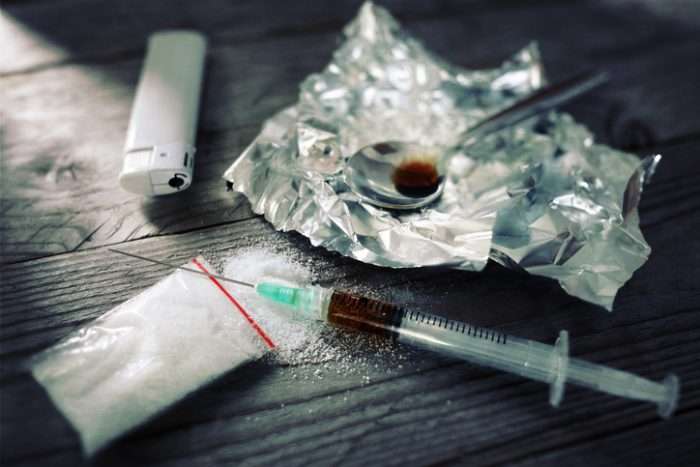The incidence and mortality of endocarditis per year keep increasing throughout the country. Specialist doctors now have to treat almost double the number of patients they’ve had to treat because more patients are injecting drugs into themselves.
Infective Endocarditis is a heart disease that is often associated with the walls of the heart’s innermost layer or abnormal valves. Using unsterilized needles to inject drugs causes infectious organisms from the needle to be released directly into the bloodstream, these microbes may go on to settle on the heart. The infectious organisms may also gain access to the body if the injection site is not properly wiped with an alcohol-based solution before injecting the drug.
The damage or injury caused to the heart will depend on the type and virulence of the infectious organism. This will lead to either a swift and acute endocarditis, or slower and subacute endocarditis. However, whatever the aggressiveness level we experience, there’s no doubt that there’s a level of injury caused to the heart.
The dangers of injecting drugs
The practice of injecting drugs, or “shooting up” directly into the bloodstream is a dangerous activity that will cause instantaneously intense and intoxicating effects but can have long-term effects like the development of an addiction and significant health risks like a damaged heart.
Some of the most commonly injected drugs are heroin, cocaine, methamphetamine, opioid painkillers, and prescription stimulants. These drugs are extremely dangerous to inject and can have serious consequences.
Drug injection is usually of different methods. However, whether it’s intravenous, intramuscular, or subcutaneous, it can lead to a number of harmful health effects like inflamed and collapsed veins; puncture marks and track lines; skin infections; swelling of the feet, ankles, and legs that can lead to a peripheral blood flow; and bacteria on the cardiac valves, endocarditis, and other cardiovascular infections.
Even though the different kinds of drugs have varying effects on the state of health, chronic users of intravenous drugs are at a bigger risk for developing long-term health problems that are associated with continued and persistent use.
Prevention of self-harm done by intravenous drugs
If you are currently experiencing the risks of injecting drugs, or you know someone who is, the good news is that there are a number of ways in which the harms of needle injecting, especially to the heart can be reduced. There are programs that can help prevent the spread of infections and more often than not, offer preventative services. Some of these include;
- Professional counseling,
- Testing for likely diseases like HIV, Hepatitis C, STDs, and tuberculosis,
- Referrals to drug rehab centers, and
- Hepatitis A and B vaccinations.
These options can help in reducing the level of harm done by either preventing a user from contracting an infection or preventing the existing infection from spreading to other people. These options will usually refer users to drug addiction treatment centers to support the efforts towards attaining and sustaining sobriety.
Need one of these drug rehab centers in San Diego, visit Pacific Bay Recovery today.


